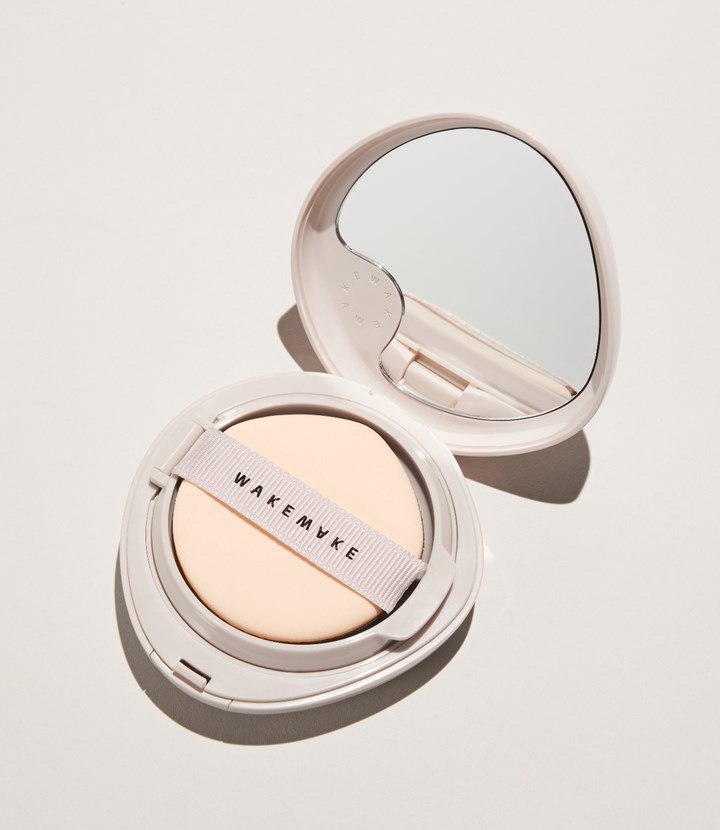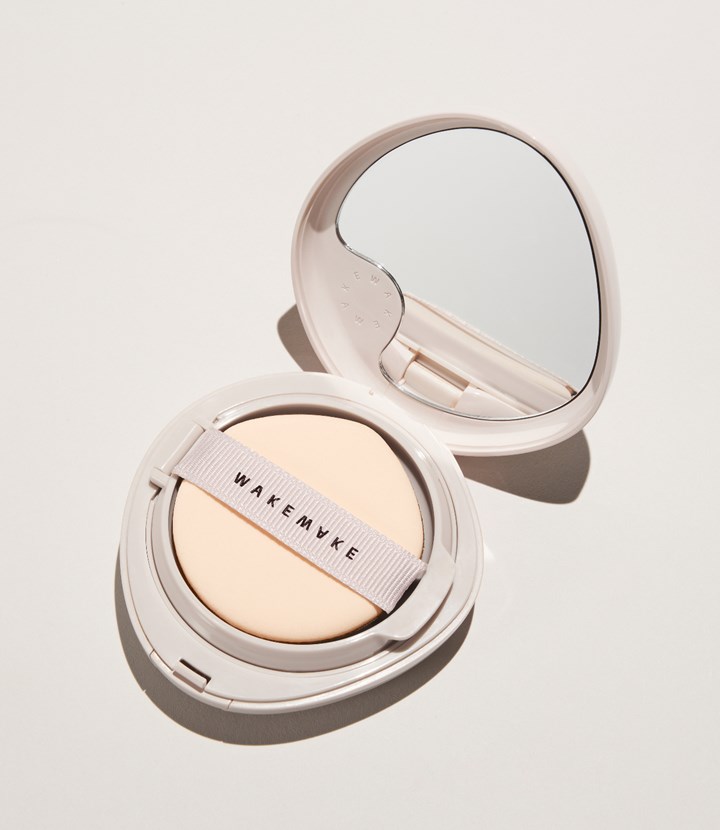
CJ Biomaterials Launched First Consumer Brand Cosmetic Packaging Application

Photo Credit: CJ Biomaterials
In later November, 2022, we reported that CJ Biomaterials, Inc., (U.S. office in Woburn, Mass.), a division of South Korea-based CJ CheilJedang and leading producer of proprietary PHA (polyhydroxyalkanoate), and NatureWorks, the leading global producer of PLA (polylactic acid), had signed a Master Collaboration Agreement (MCA) for the development of sustainable materials solutions based on CJ Biomaterials’ Phact Biodegradable Polymers and NatureWorks’ Ingeo biopolymers in applications ranging from compostable food packaging and food serviceware to personal care, films, and other end products.
CJ Biomaterials wrapped up 2022 by announcing that it had developed its first consumer brand application using its amorphous PHA (aPHA) technology in combination with PLA and in direct competition with ABS. This is a new cosmetic case sold under the private brand Wakemake from CJ Olive Young, a market-leading health and beauty retail chain in Korea with a global network across 150 countries.
The Wakeme Water Velvet Vegan Cushion uses vegan cosmetic ingredients along with the new eco-friendly packaging. PLA has experienced significant growth as a biobased material in a broad range of finished product applications and is currently the most widely used industrial compostable material in the world, but it has certain limitations.
Blending amorphous PHA in PLA has been shown to lead to significant improvements in the mechanical properties of PLA, such as toughness and ductility leading to improved impact resistance and the creation of elegant shapes. As previously reported, CJ Biomaterials’ Phact amorphous PHA is a softer, more rubbery version of PHA that offers fundamentally different performance characteristics than the crystalline or semi-crystalline forms that currently dominate the PHA market.
The 100% bio-sourced solution of amorphous PHA and PLA materials were applied to the entire outside of the Wakemake container, replacing ABS. Some developed countries and leading cosmetic brands are actively making efforts to replace petroleum-based and non-biodegradable ABS that is currently widely used in cosmetic containers.
Read: 50 Years…600 Issues…and Still Counting
Said Seung-Jin Lee, head of CJ CheilJedang’s biomaterials business. “This is an important milestone for CJ Biomaterials, and we expect that the application of biobased materials in the consumer goods market will expand beyond the release of the Wakemake cushion. We will widely promote the use of PHA in various markets, as it is an eco-friendly material that is effective for industrial-scale use. We are proud that our PHA products—which are derived from nature and return to nature—are helping to meet the growing demands from brands and consumers for more environmentally friendly products.”
In early 2022, the company announced commercial-scale production of PHA following the inauguration of its production facility in Pasuruan, Indonesia, becoming the only company in the world that can produce aPHA at scale, which includes CJ Biomaterials’ first product under its new Phact brand, named Phact A1000P. The company also expanded its biomaterials business by establishing relationships with global organizations, including NatureWorks, as noted above, as well as health & hygiene companyYuhan-Kimberly, the Accor hotel chain for which the two companies will work jointly to replace all single-use plastic amenities used by Accor, and the makeup brand Banilla Co., which plans to launch cosmetics with containers made from bio-sourced materials in early 2023.
RELATED CONTENT
-
Biodegradable Polyesters: Packaging Goes Green
The U.S. is catching up with Europe and Asia in exploring the potential of biodegradable polyesters in flexible and rigid packaging. Because of their cost, these resins often find use in blends with other degradable materials.
-
Processing Biopolymers for Rigid Sheet & Thermoforming
Newly available cast sheet and thermoforming grades of Mirel biobased polymers open up a new range of applications in containers and other formed parts where renewable content and biodegradability are desired.
-
Melt Flow Rate Testing–Part 1
Though often criticized, MFR is a very good gauge of the relative average molecular weight of the polymer. Since molecular weight (MW) is the driving force behind performance in polymers, it turns out to be a very useful number.

Leave a Reply